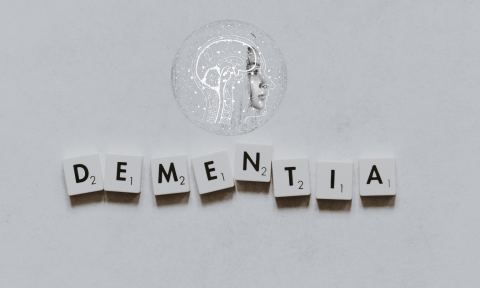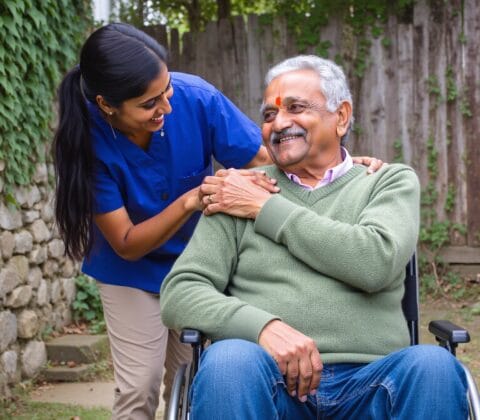Caring for a person with Dementia can be deeply rewarding, but it also comes with emotional and physical challenges. Caregivers often put their loved ones’ needs above their own, which can lead to burnout. At the same time, collaborating with healthcare professionals is essential for providing the best possible care. Here’s how carers can support themselves while working effectively with doctors and hospitals.
The National Institute of Mental Health and Neurosciences (NIMHANS), in collaboration with the National Ageing Research Institute (NARI), Australia, Queen Mary University London, and Curtin University, Australia, has created short films featuring real-life stories of caregivers and experts. Funded by the Alzheimer’s Association, US, these films highlight the early signs, diagnosis, and Dementia care strategies.
Watch this video for more self-care strategies:
Final Thoughts
Caring for a person with Dementia requires both compassion and collaboration. By prioritising self-care, supporting caregivers can maintain their well-being while providing the best support possible. At the same time, working closely with healthcare professionals ensures that medical needs are met efficiently and with empathy.
Remember, you are not alone in this journey—seek support, stay informed, and take care of yourself along the way.
Frequently Asked Questions
Yes, in India, you can contact the Dementia India Alliance National Dementia Support Line at +91 8585 990 990 (available Monday-Saturday, 8:00 AM to 6:00 PM). Y
Dementia is an umbrella term for cognitive decline, while Alzheimer’s is its most common type.
Mostly after 65, but early-onset dementia can begin anytime between 40s or 50s.
Over 8.8 million people in India live with dementia.
Most types aren’t, but some caused by vitamin deficiencies or infections can be treated.
No, occasional forgetfulness is normal. Persistent memory issues should be checked.
Yes! Regular exercise, a healthy diet, mental stimulation, and social engagement help.
Yes, like difficulty walking, poor coordination, and weight loss in later stages.




